Breaking down barriers
How you're helping women to fight inequality
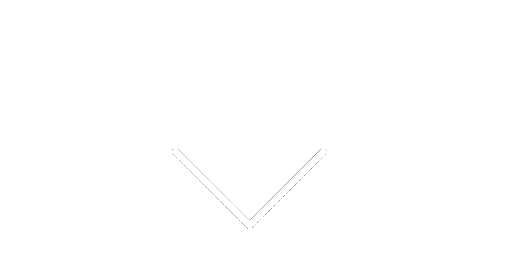
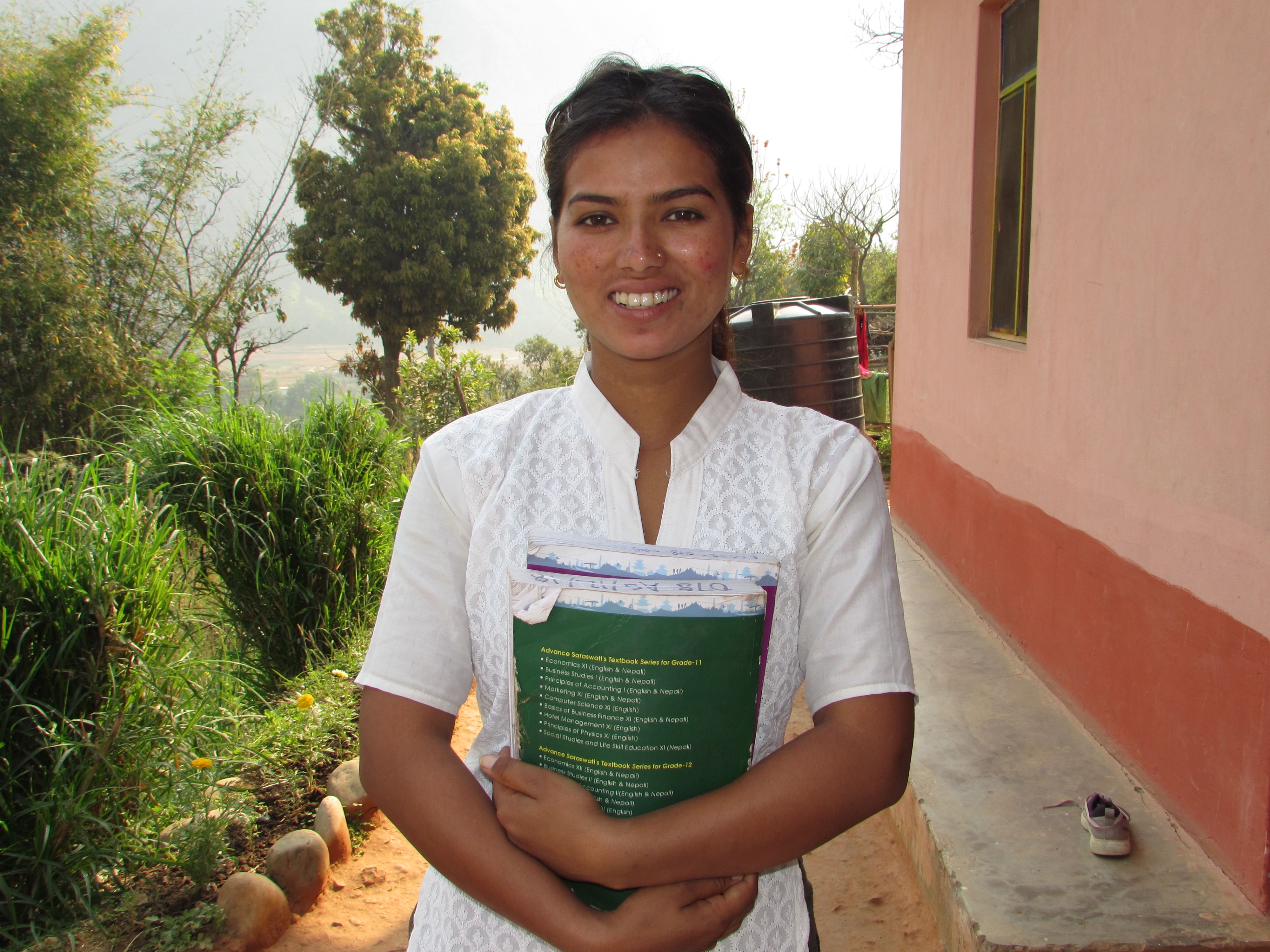
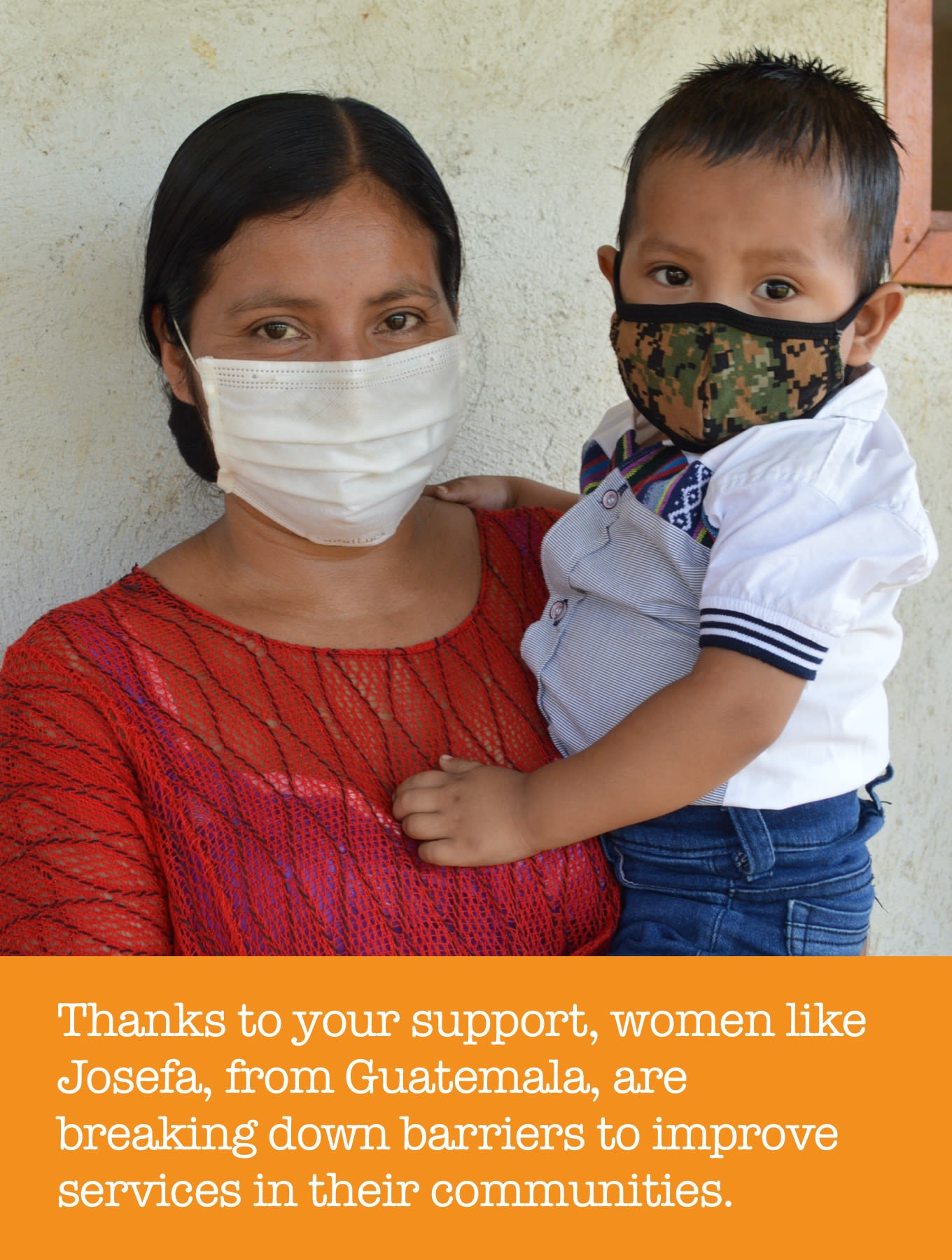

The difference your donations make
Women and girls are at the heart of ActionAid’s work around the world. Challenging gender inequality and violence against women and girls is essential if we are to tackle one of the biggest causes of poverty worldwide and help women and girls transform their lives.
This is why we’re so grateful for your continued support.
Today, you’ll meet inspiring women from around the world. These women are challenging many different barriers to their development, health, education and livelihoods.
You can read Molly and Josefa’s stories below, together with other inspiring examples of how women are working to end gender inequality. Thank you for standing side by side with women and girls.
In Bangladesh
Women are working together to end child marriage
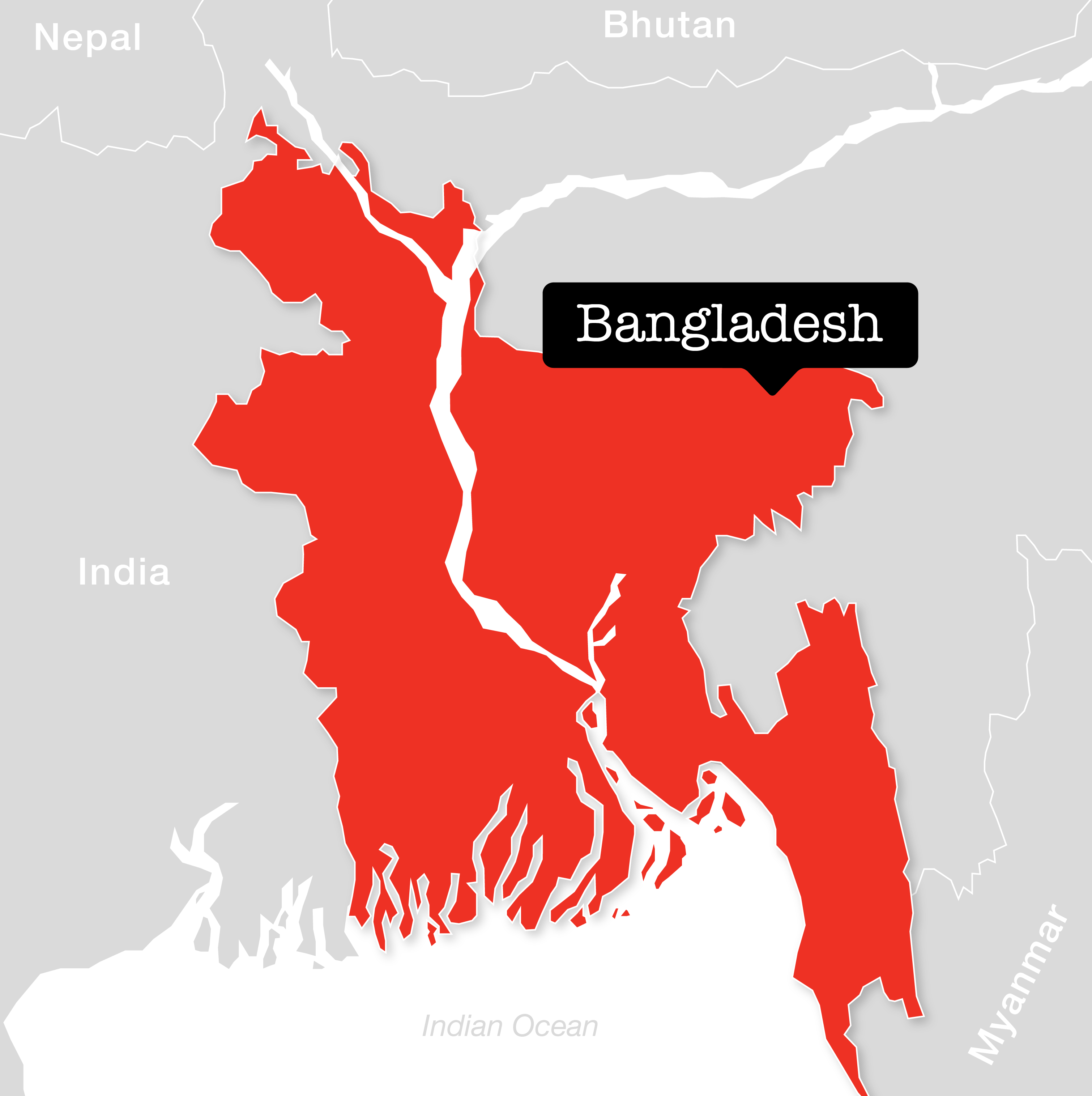
"My education ended when I was married aged 13. I’m now 36 and have two children of my own. My husband wanted to stop our daughter’s education and for her to be married," says Fatema from Bangladesh.
Bangladesh has one of the highest rates of child marriage in the world.
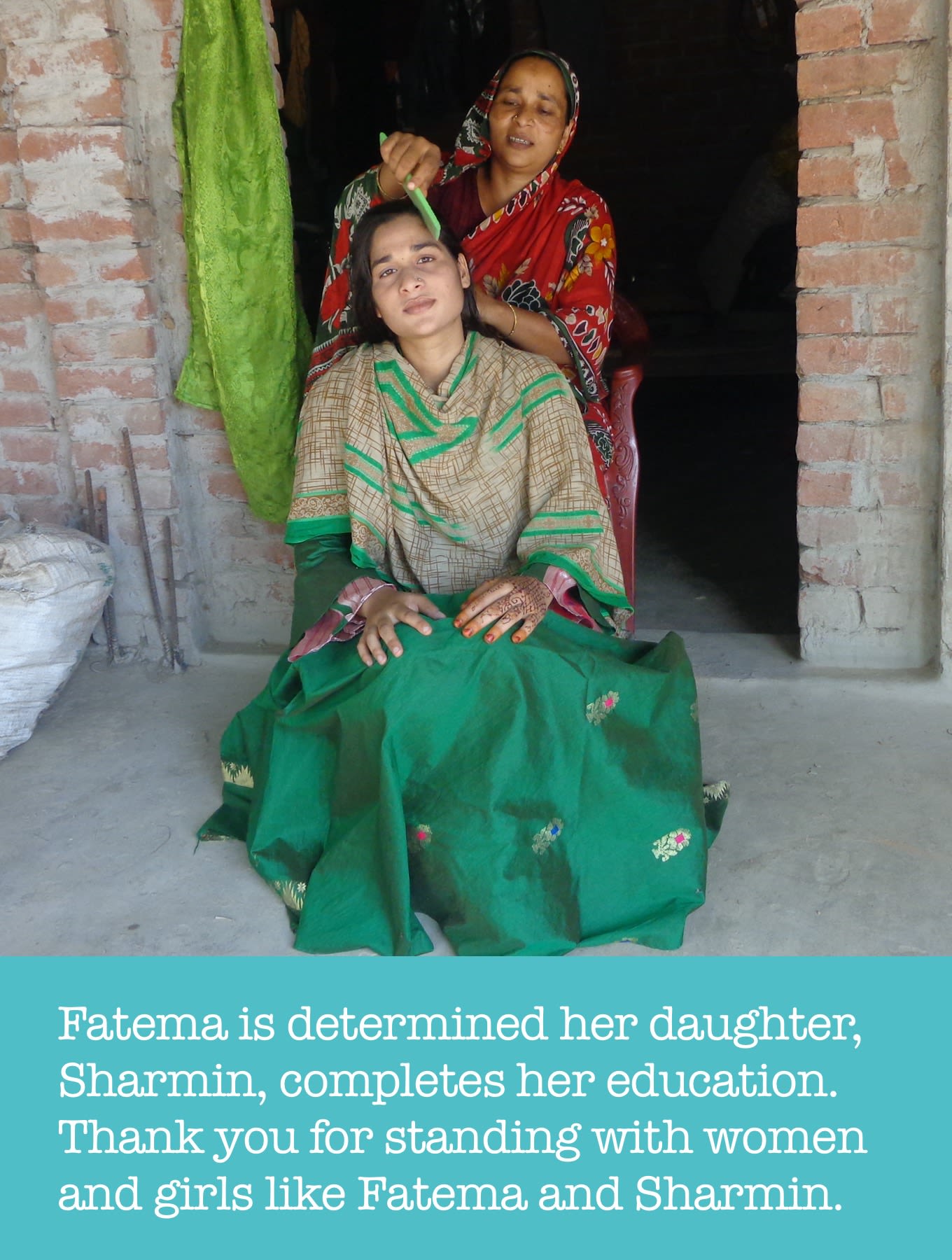
Extreme poverty and patriarchal norms contribute to this. Many young girls are denied an education and are married when they are still children.
This is what happened to Fatema, and she did not want her daughter to face the same; she wanted to protect her daughter’s health, wellbeing and education.
Across Bangladesh, ActionAid supports Reflection Action Circles: women's groups that provide a safe space for women to discuss the challenges they face, to learn about their rights, and to work together to challenge social issues like domestic violence and child marriage.
Fatema is a member of her community’s Reflection Action Circle; she explains how this circle of women is helping:
"Joining the Reflection Action Circle, I have gained a lot of courage to make my own decisions, and I stood up for my daughter. Also, thanks to my new sewing skills, which I learned by being a member of my circle, I’m generating my own income.
"I am able to make sure my daughter continues with her education and will not be married like I was."


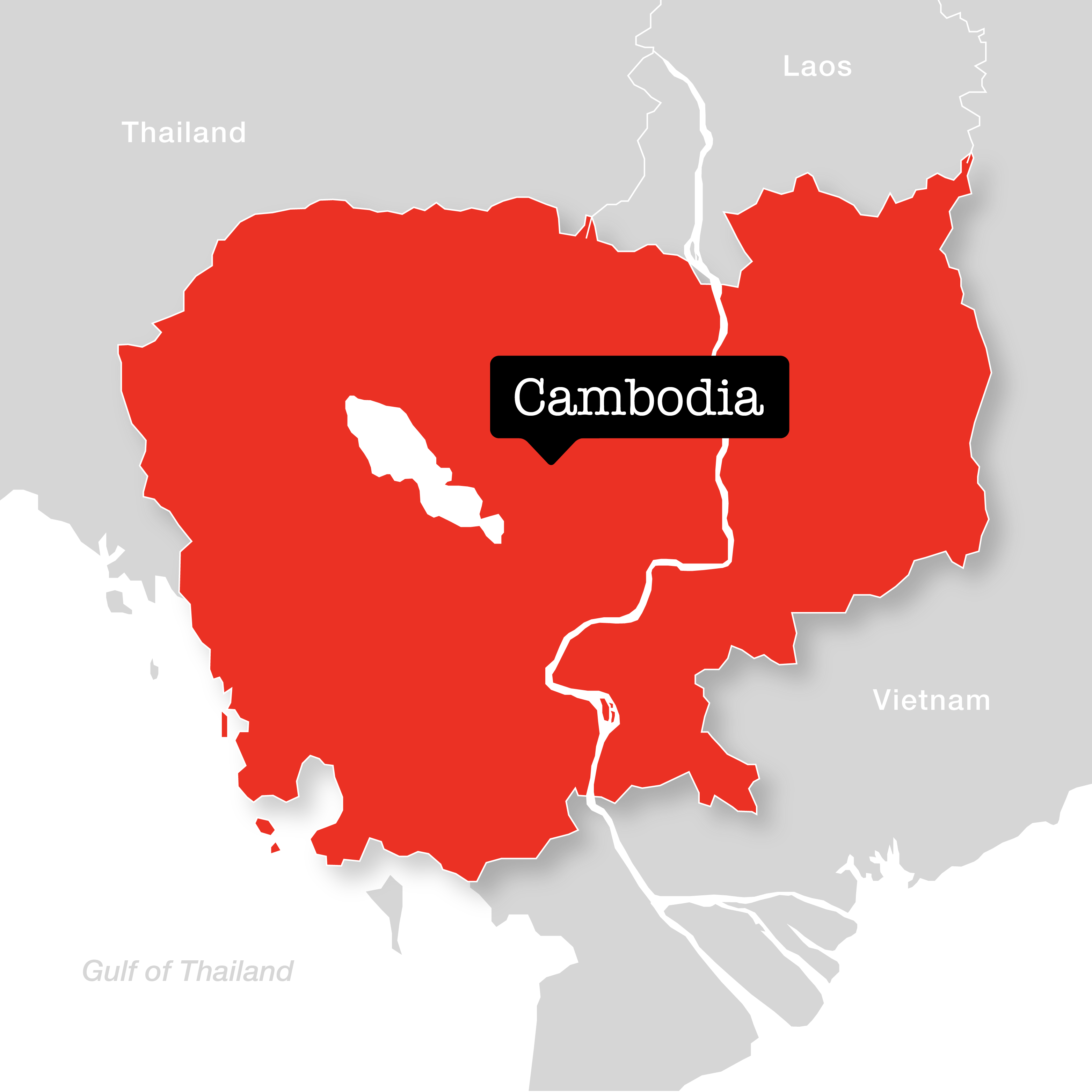
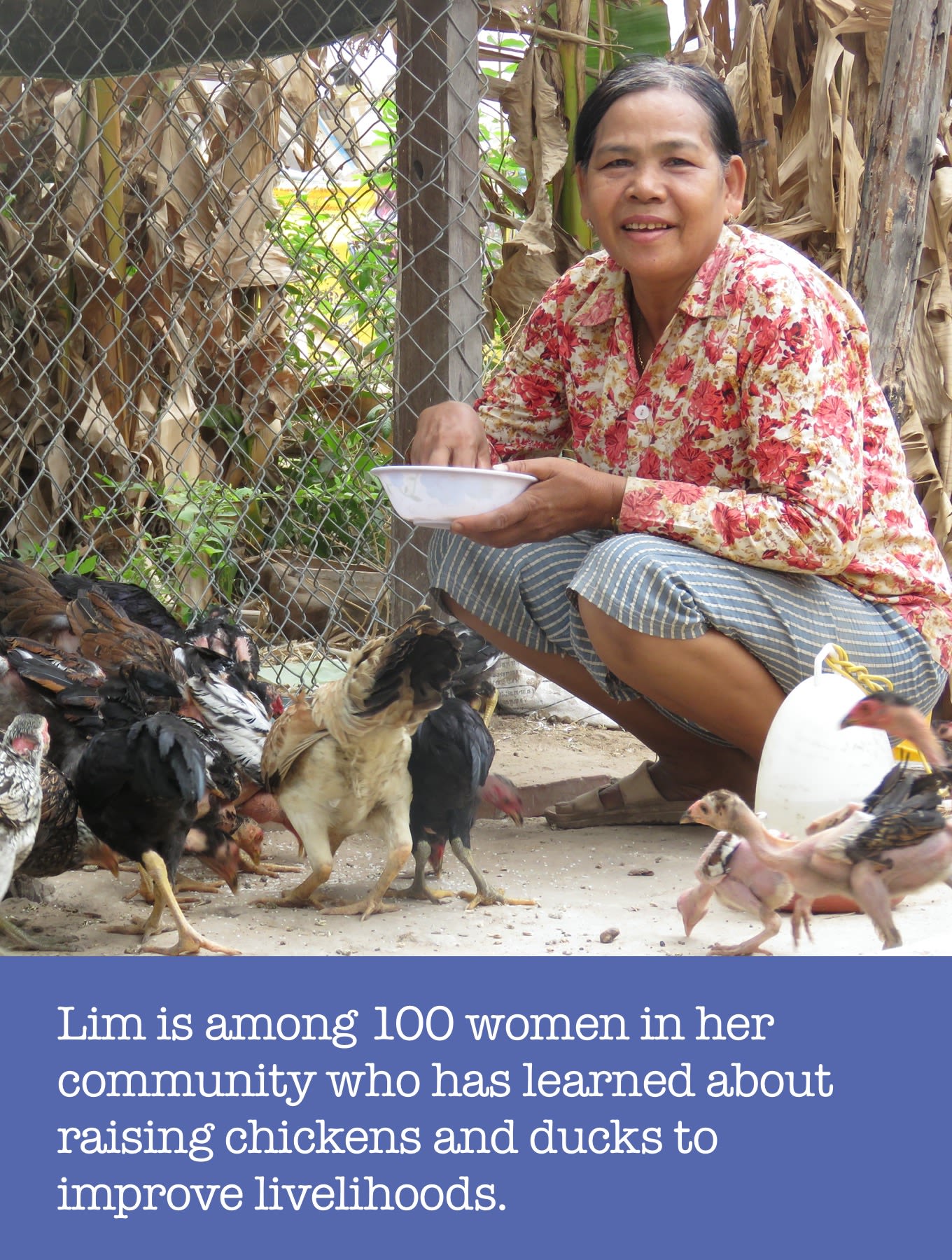
In Cambodia
Women are working together to advocate change in their communities

"With the increase in my income, I can support my daughters and son in their education. We no longer have to migrate looking for work or take out expensive debts to cover our daily expenses," says Lim, a 53-year-old mother of three children from Cambodia.
Due to low incomes, many parents like Lim are forced to leave their children with relatives as they migrate to find work. Mothers like Lim were determined to change this situation.

With ActionAid’s support, a livestock farming group was formed in Lim’s community, bringing together over 100 women. Members learned how to breed chickens and ducks, and how to take care of their health and wellbeing with vaccinations and secure housing, as Lim explains:
I am so happy that I’ve learned all these new skills. I built the cages for my chickens and ducks and now they are producing eggs daily which I sell."
"The animal feeds at the market are expensive for a small-scale farmer like me, but thanks to the training I received, I use the resources around my house and community to create my own natural feeds such as broken rice, banana plant and Chaya leaves.
"I feel delighted to see the progress of me and others in my village as a result of the livestock farming group."
In Ghana
Young women are transforming their incomes through vocational training
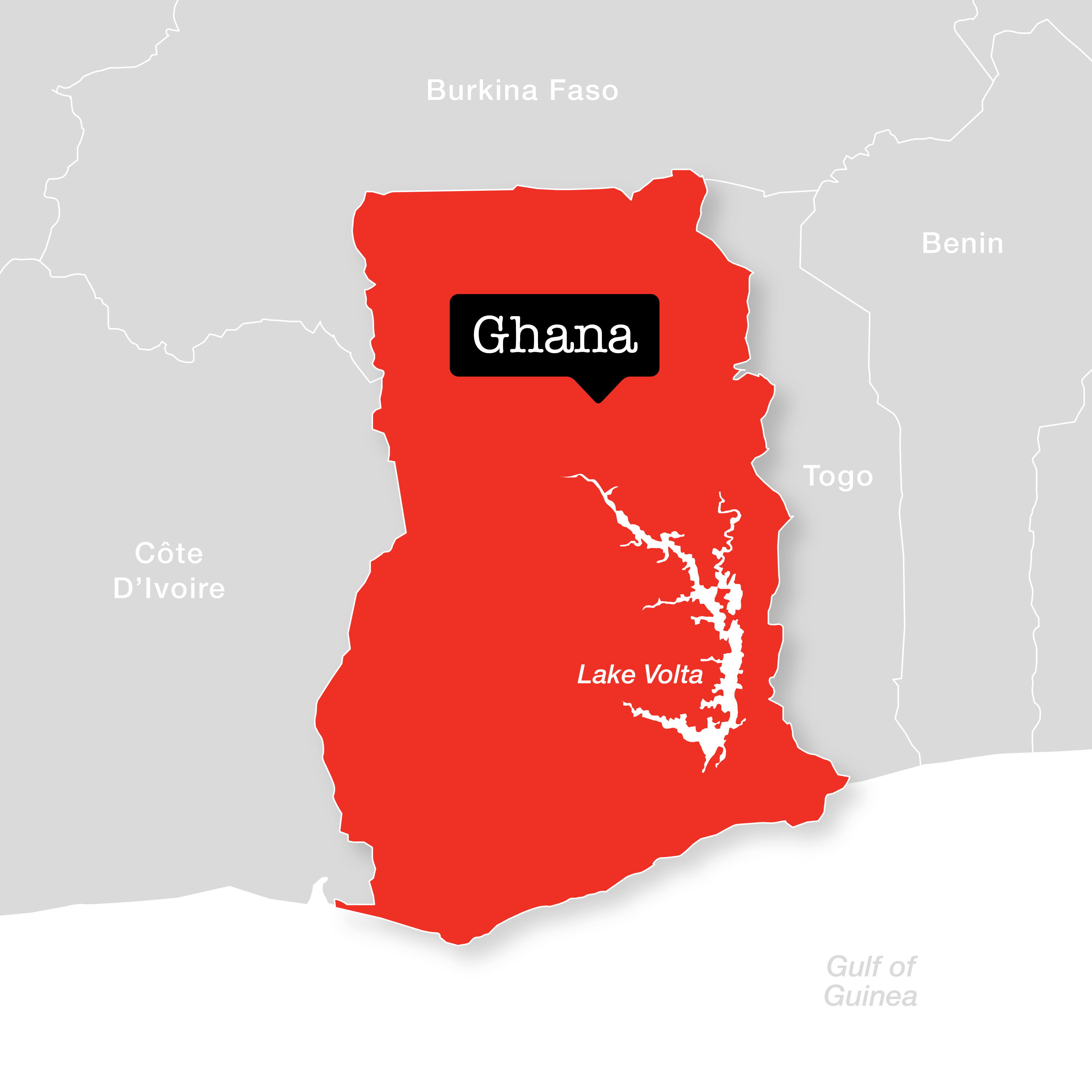
"Even though tiling is a male dominated trade, the challenge appealed to me, so I enrolled on the course," says Rebecca from Ghana.
"The course has been physically challenging, but I persevered, and I’ve enjoyed learning new skills and techniques."
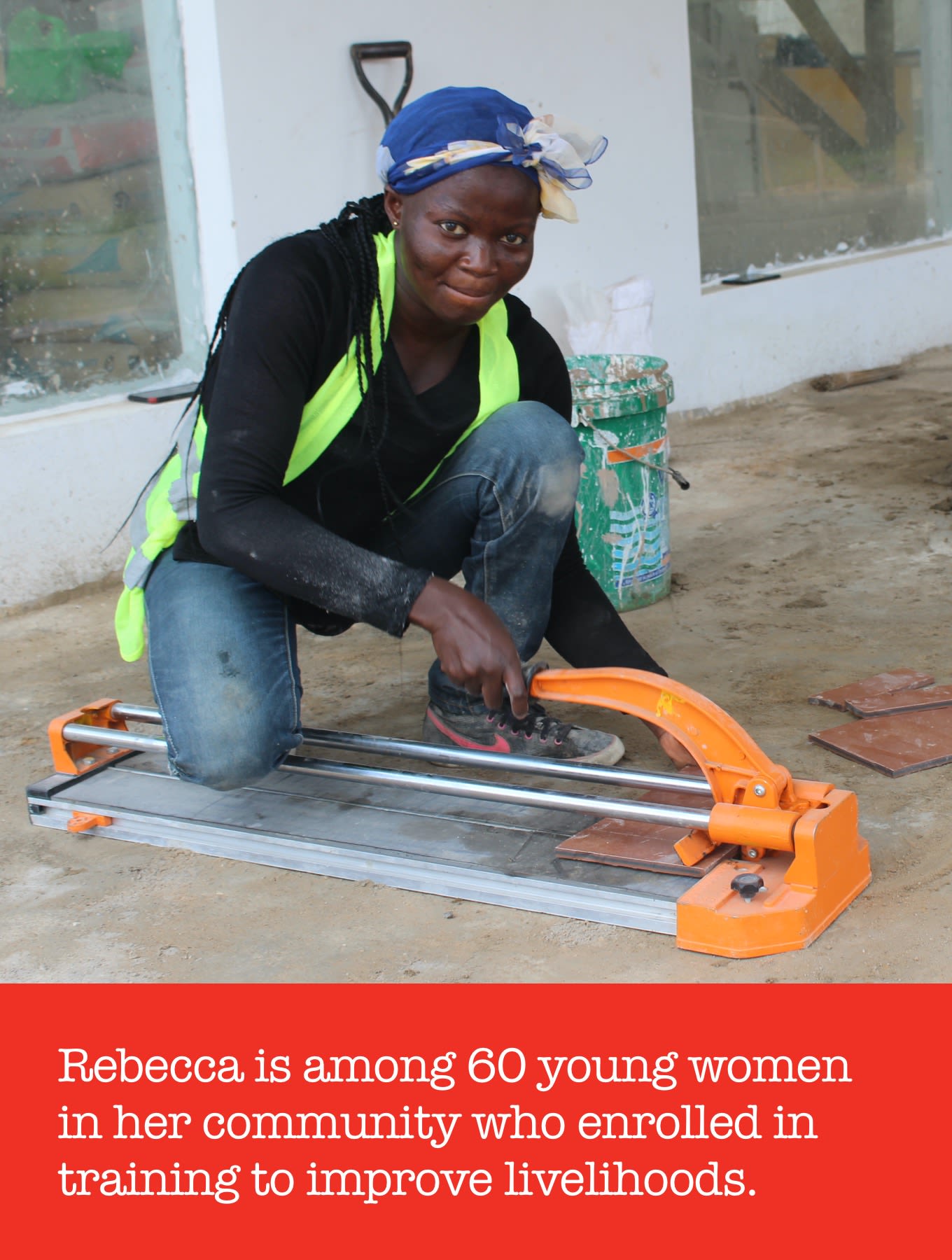
Unemployment is particularly high amongst young people in Ghana, and women rarely have the opportunity to develop alternative livelihood skills.
To help change this, ActionAid is supporting training for young women in a variety of vocational skills including baking, tailoring, and building trades.
Rebecca chose to take part in tiling training and she is now successfully earning a living, as she explains:
"After the training, I joined a company as an apprentice to strengthen my skills. Today, I am an expert tiler; not only can I do floor tiling, but also wall tiling.
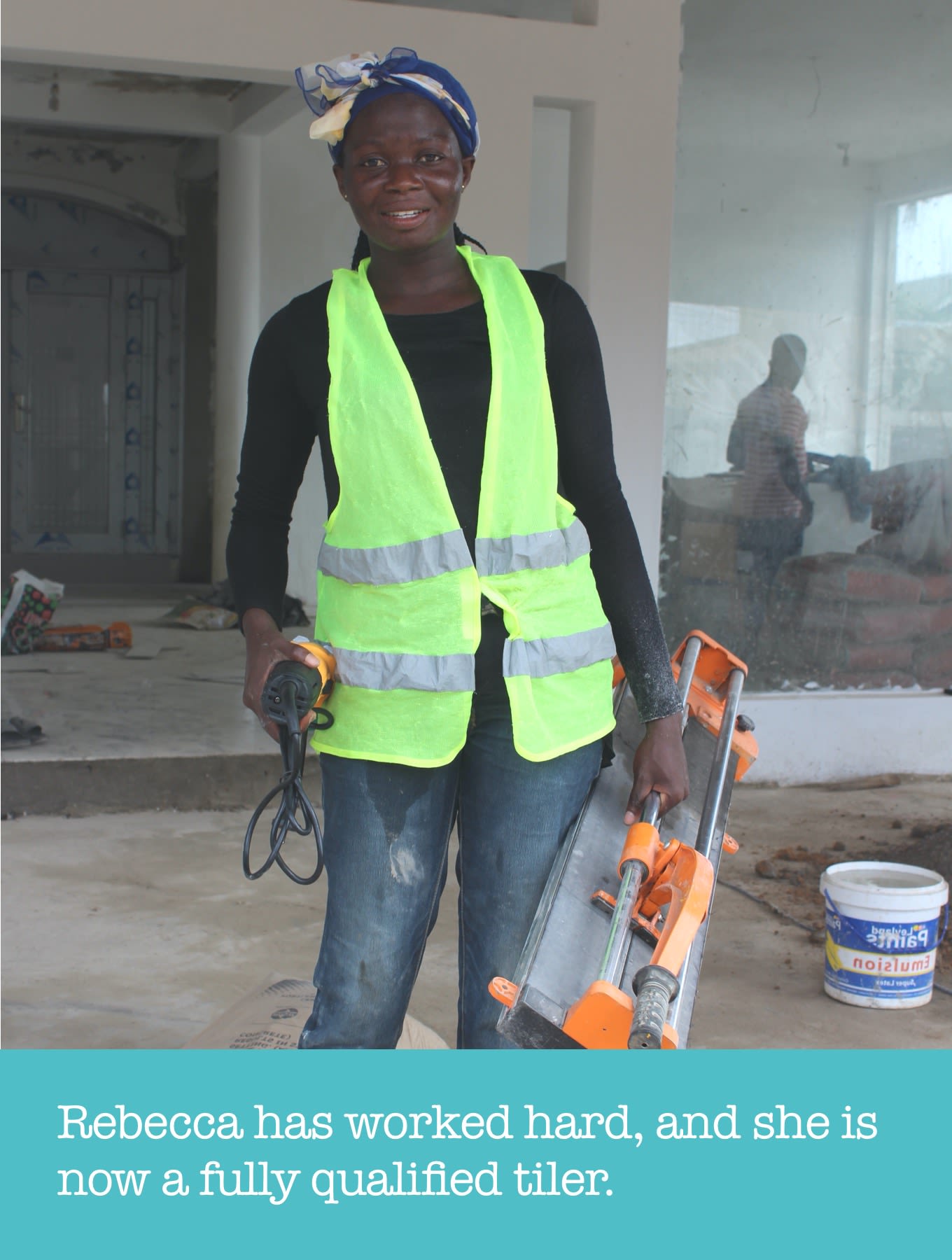
A lot of people are amazed when they see me, and they realise that I am a woman."
"I’ve received contracts for tiling in houses, offices, and companies. Since receiving training on tiling, I have earned an average of 800 Ghana cedis [£85] per contract.
"I thank ActionAid for this life changing opportunity, and I want to encourage more women to join."



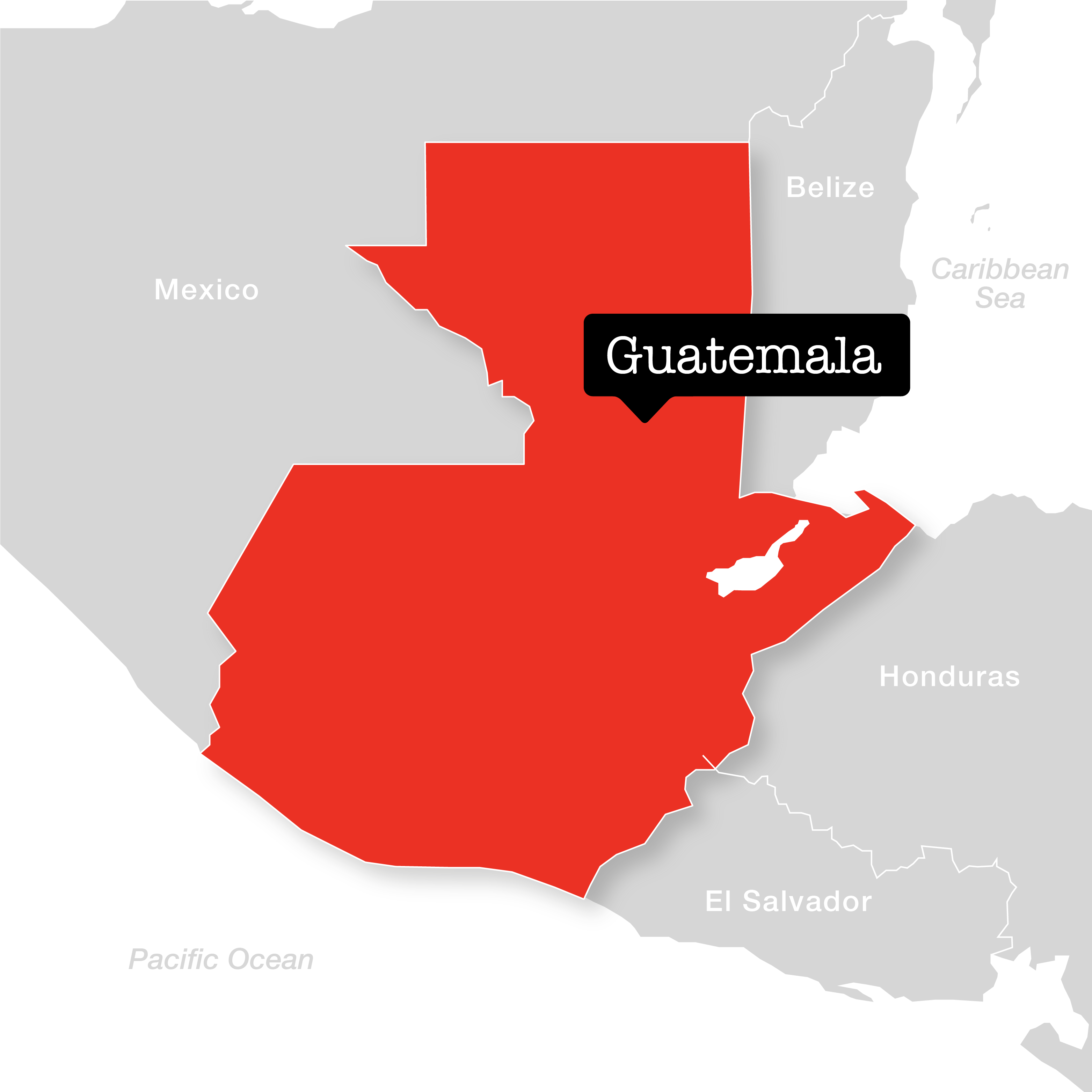
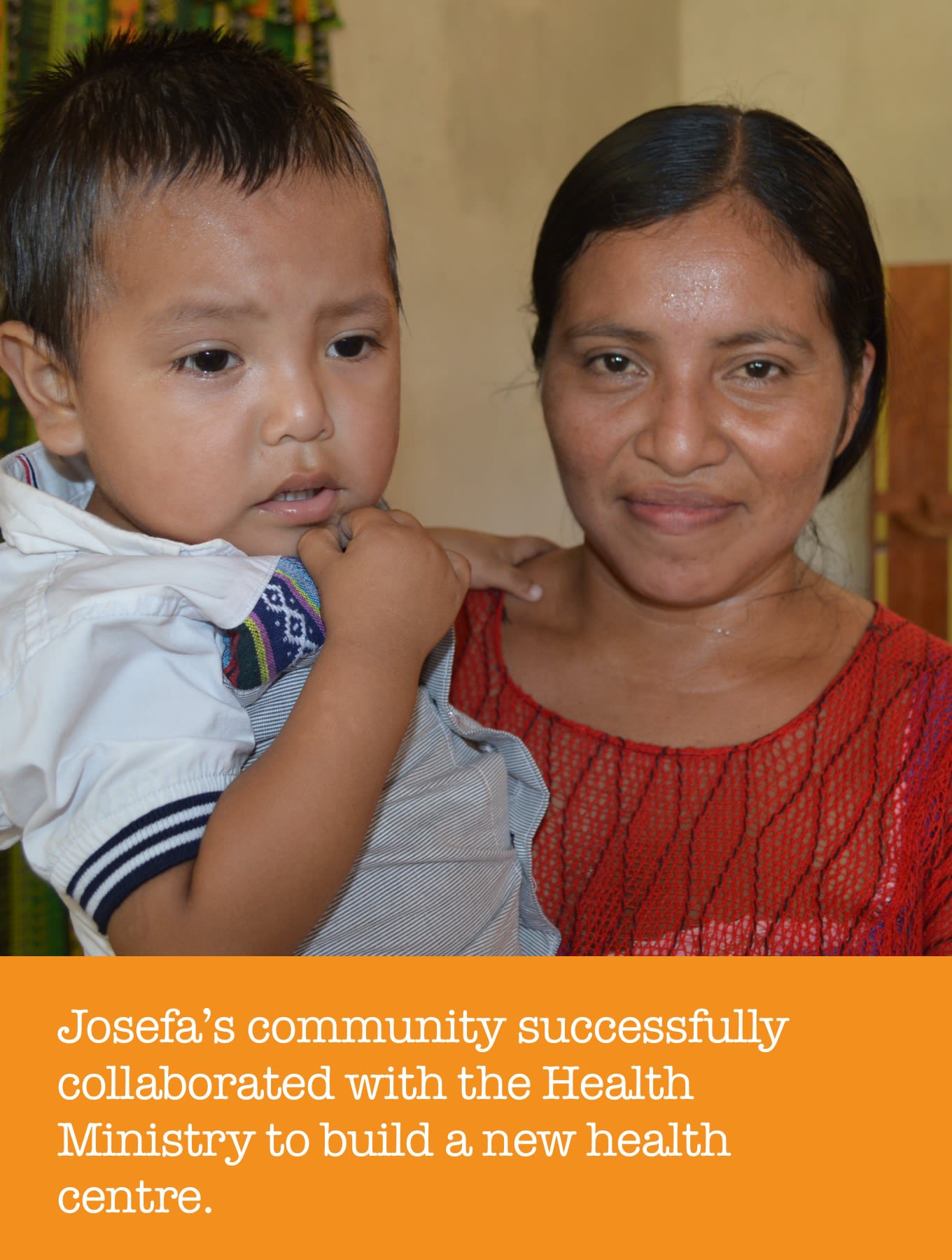
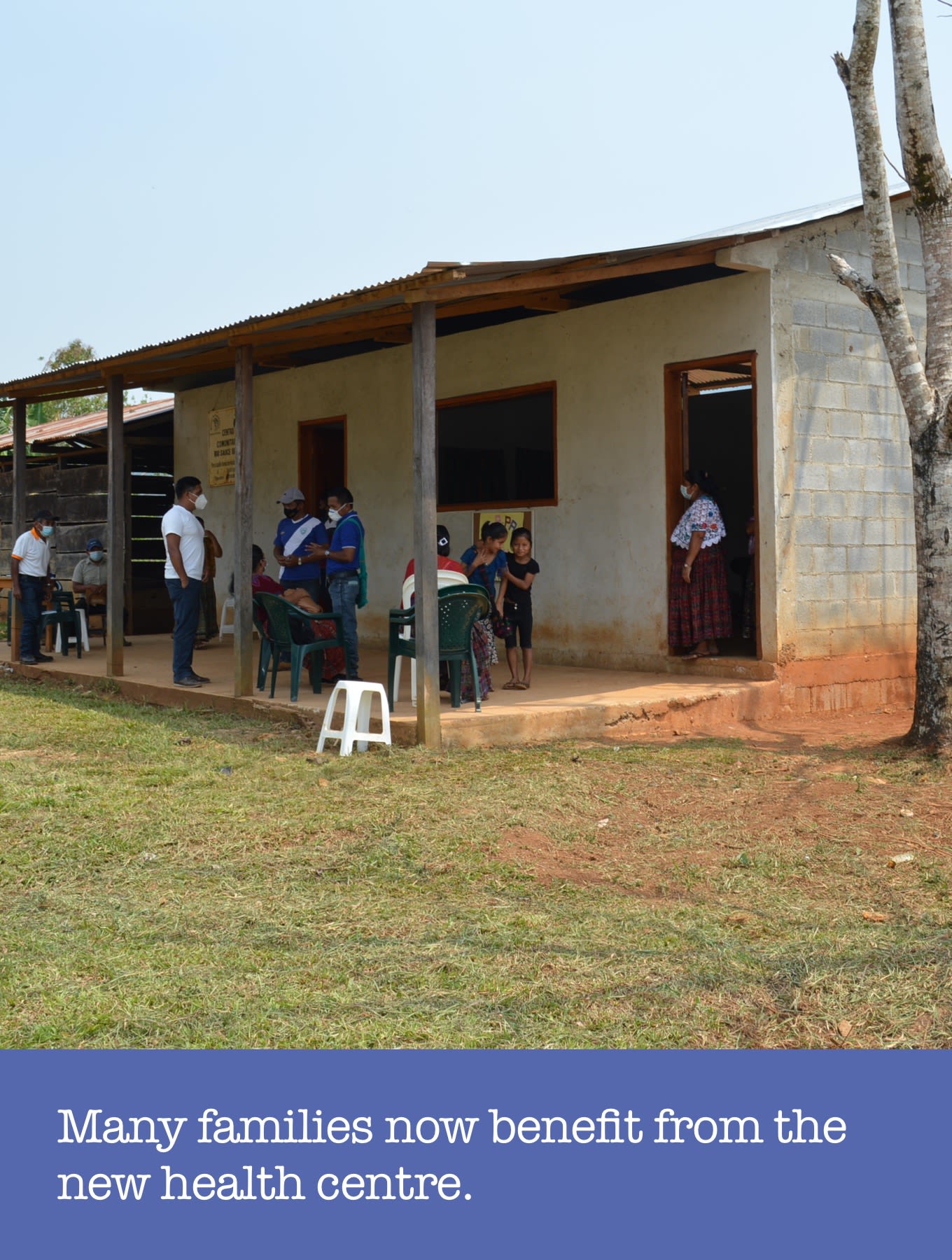
In Guatemala
You're supporting communities to build a much-needed health centre

Communities in many rural areas of Guatemala are served by a network of government health care facilities that are chronically underfunded and insufficient for the number of people they aim to serve. Josefa, a mother of three from Guatemala, explains:
"Giving birth in my community was not a dignified experience. Due to lack of government funding, us women received our health care in a rustic house, with a floor that was only dust.

"With support from ActionAid, we learned about our rights and how to approach the Health Ministry to request a new health centre."
An agreement was reached between the Health Ministry, Josefa’s community and ActionAid to provide a new health centre.
The community agreed to provide the land, ActionAid and the Ministry of Health supported the supply of building materials, and the Ministry of Health also agreed to provide onward funding to cover staff and medical supplies.

Josefa explains the difference this is making:
"It was great to see the community working together, helping to build our new health care centre. Now the health centre has a waiting room, private medical rooms, and a safe space to store medicines. Women can receive medical care in a proper place and with dignity.
"Our community has created a health committee to take care of the centre and to make sure the Health Ministry don’t forget us again. We are empowered now that we know our rights and we know we have the right to better health care."
In Nepal
Communities are working to end discrimination against women and girls during their periods
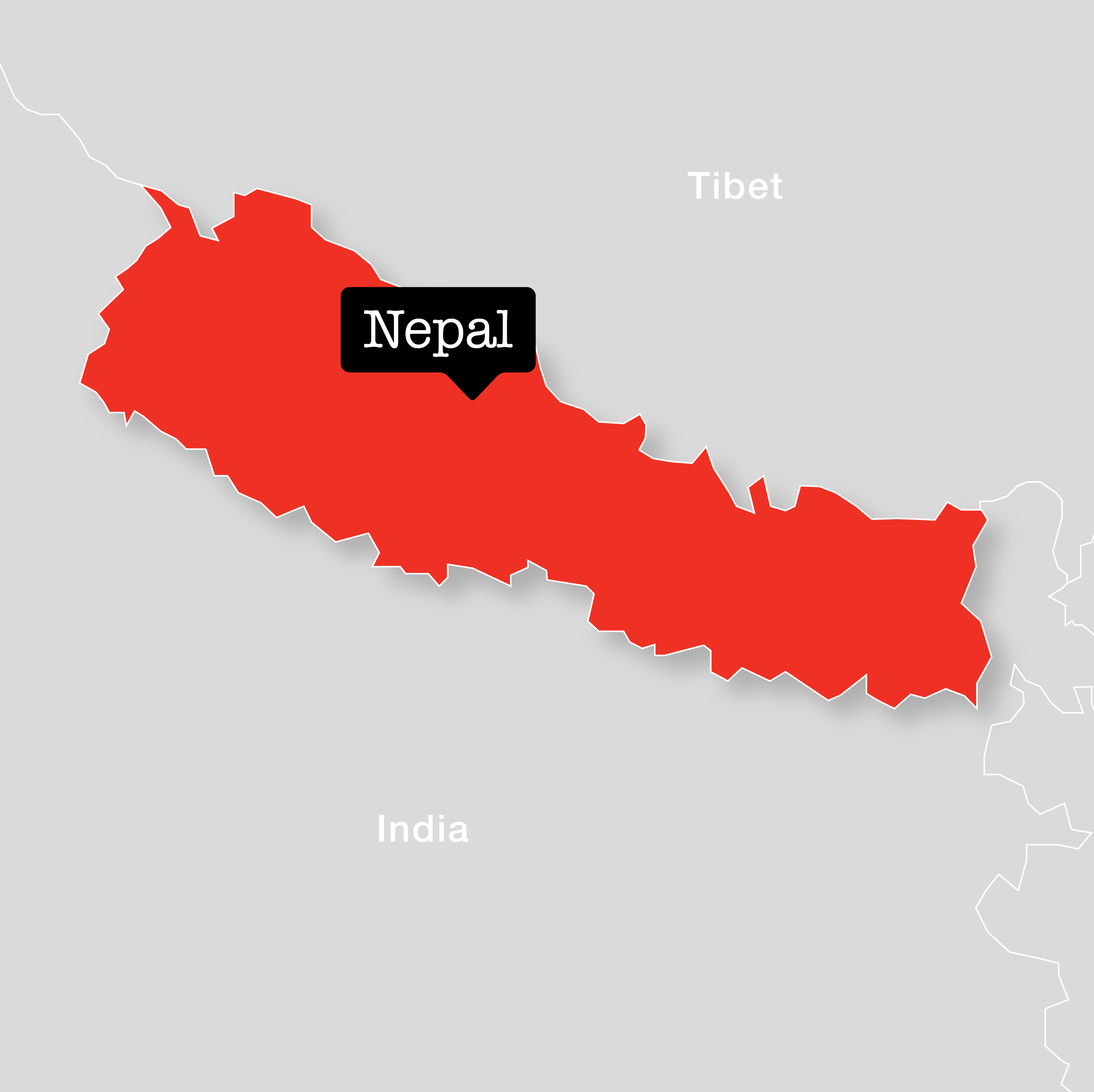
"My name is Shova and I live in Nepal. I was 11 years old when my periods started, and I was confined to a small dark hut. I was unable to stay inside my home, go to school or touch anything or another person during my period as it was believed I would bring bad luck to my family and community. This is called Chhaupadi.
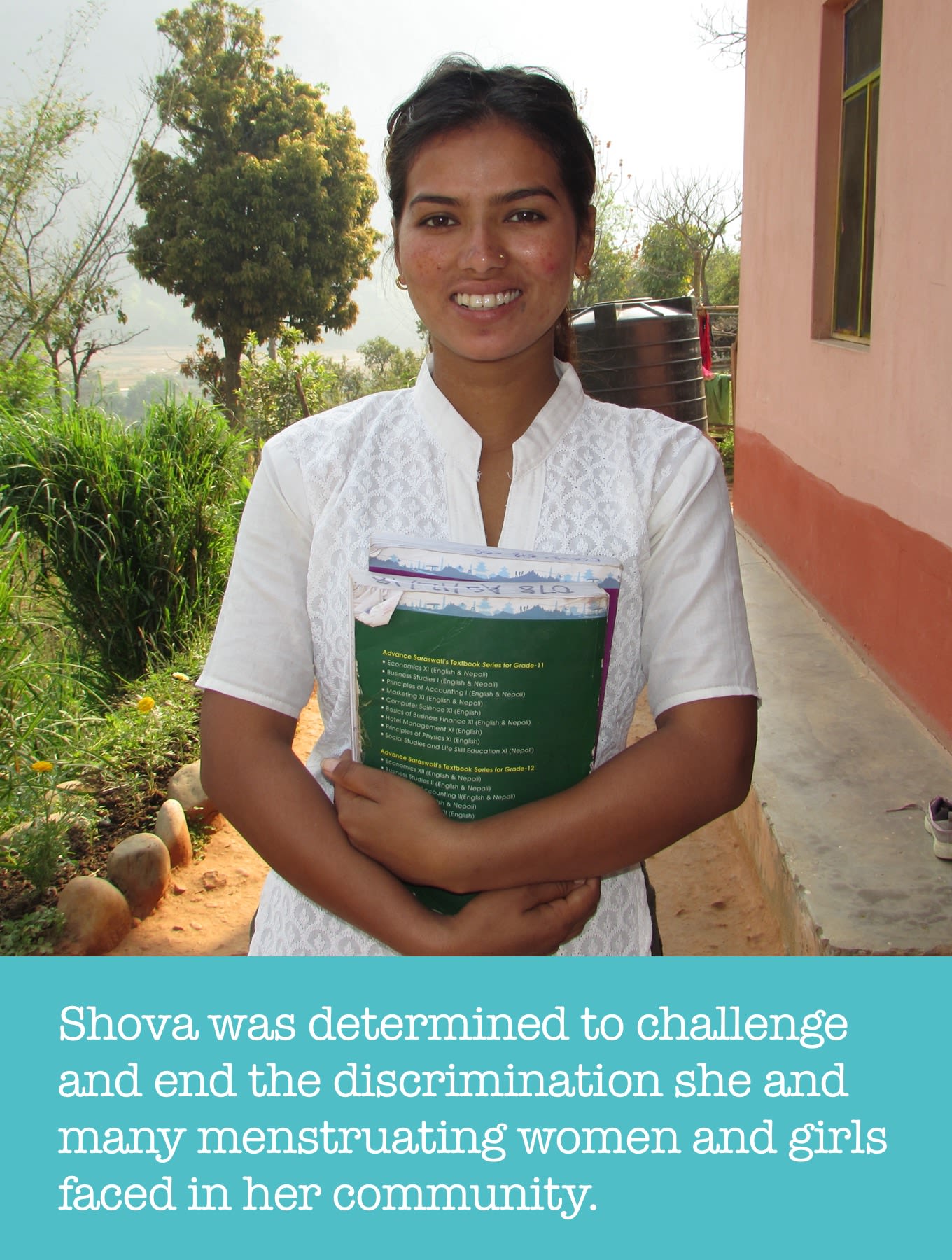
I joined an ActionAid-supported girls’ group at my school where I learned that my periods were part of being a woman and that I have rights too. Learning empowered me and I was determined to stop this happening to other girls.
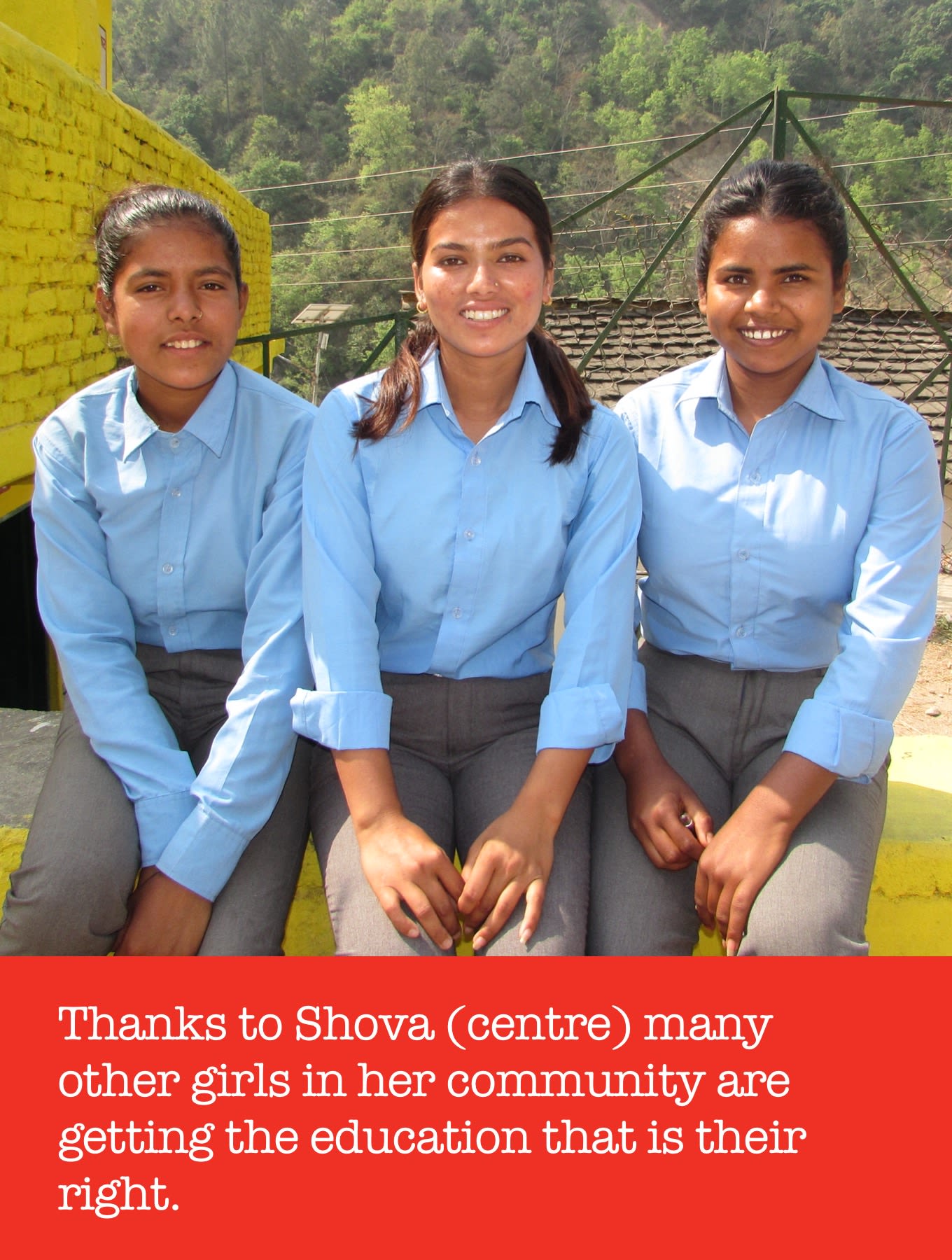
"I spoke with my mother about Chhaupadi and encouraged her to join the mothers’ group [a group supported by ActionAid to provide space for women to discuss and challenge the issues they faced].
"My mother now fully supports me, and I am no longer confined to the hut during my period; I sleep in my own bed and join the family at mealtimes.
"I have led various campaigns in my community to end Chhaupadi and my efforts have paid off. Girls can now attend school and eat the same nutritious meals as all the other students while having their periods.
"I’m an advocate about menstrual health in my school and community. I am thankful to ActionAid for helping me find my voice and stop this from happening in my community."



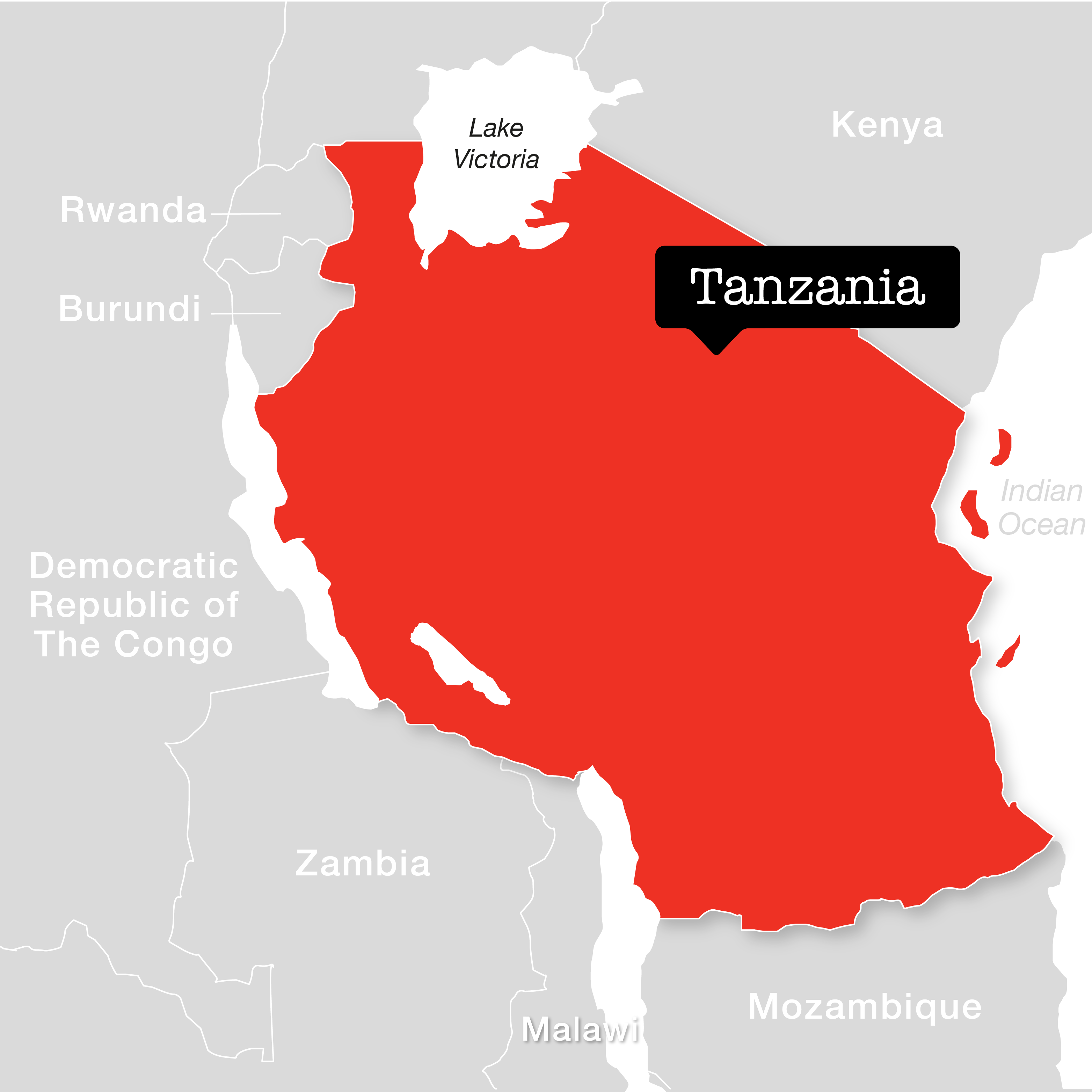
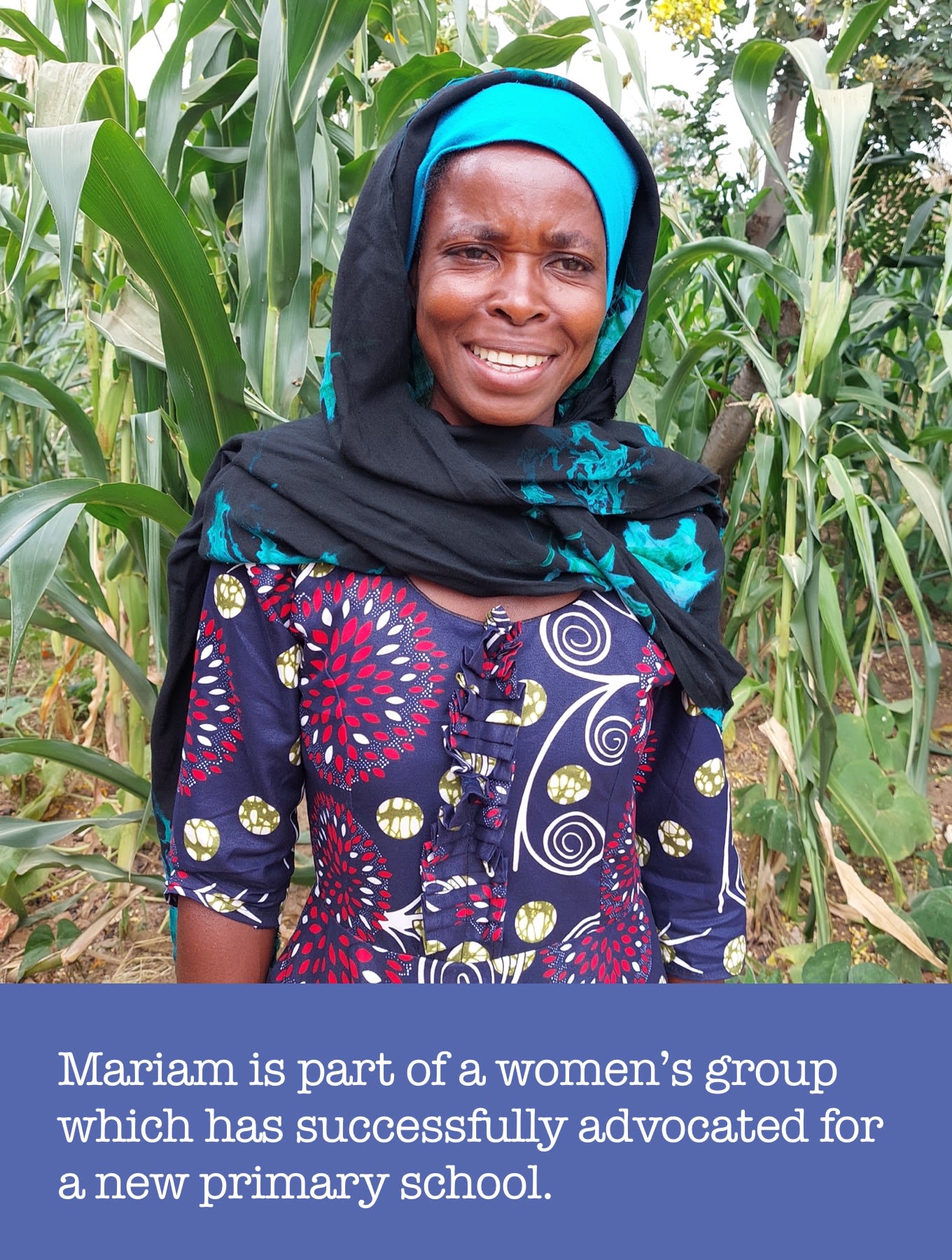
In Tanzania
Women are working together to advocate for change in their communities

"Here in my community, us women lacked the confidence to speak up in village meetings because we weren’t listened to and all the decisions were made by men," says Mariam, 37, who lives with her husband and children in Tanzania.
Mariam is a member of a women’s group that ActionAid helped to establish in her community.
These groups provide women like Mariam with an opportunity to come together, discuss the issues they face and access training and support to resolve the issues.

Mariam’s group discussed that while all the members of their local council were men, issues directly affecting women and children would never be fully addressed. They decided this situation needed to change, as Mariam explains:
Joining the women’s group opened my eyes to possibilities that I never thought of. I learned about my rights as a woman and that I could participate in discussions about the development of my community.
"Our confidence to participate in community gatherings, such as village meetings, is now high among members and we have a good number of women from this group who are now community leaders.
"The group has been an important development catalyst in our village. Government leaders appreciate the group and our ability to raise awareness of development and governance plans.
"The women’s group is a great help to the community, and we are proud to tell you that we recently helped to get a plan for a new school accepted. We went to our fellow villagers and advocated for the new school and because we are trusted by our community, the plans have been approved."
In Uganda
Women are changing patriarchal norms
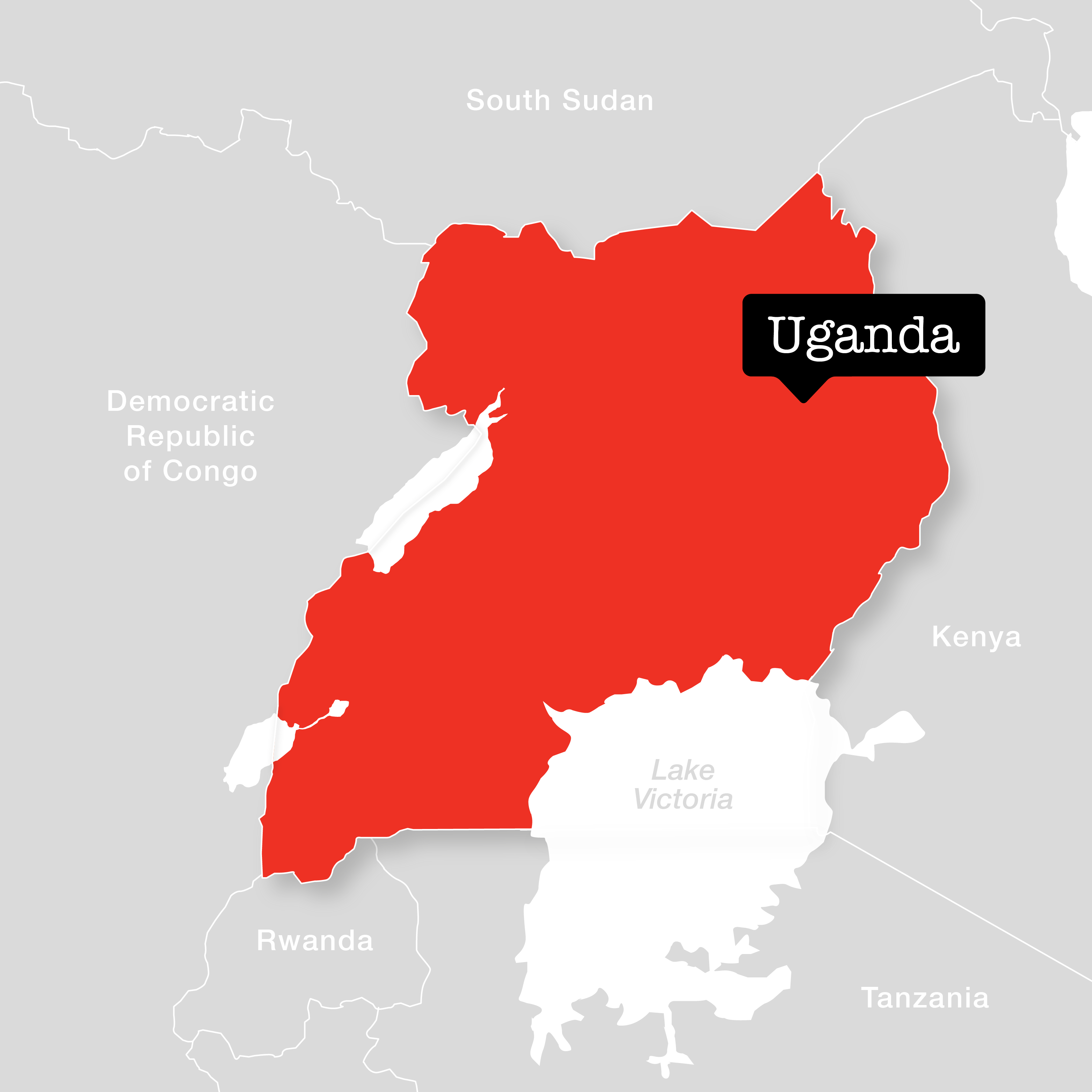
Land to build a home, to grow food and to earn a living is critical for many families living in the rural areas of Uganda, but women are regularly denied land ownership.
Molly’s story demonstrates how land can be taken from women due to patriarchal norms, but this is successfully being challenged.
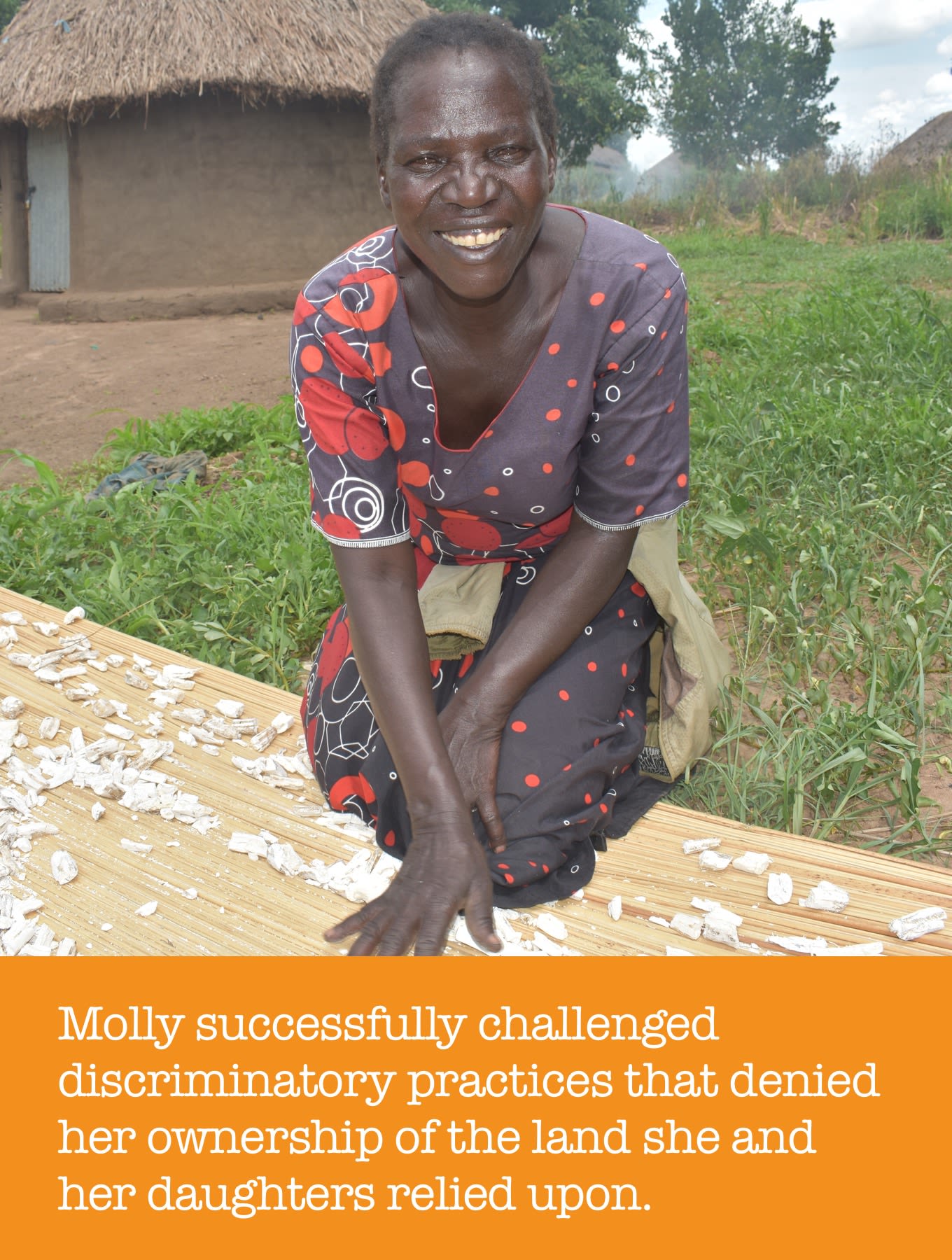
"My name is Molly. I’m a 56-year-old widow and a mother of two daughters. My husband died during the Lord’s Resistance Army insurgency here in Uganda. After his death I temporarily moved to a different district as our home was no longer safe," she says.
"When I returned to my village to reoccupy my home and land, I found that my husband’s nephew was living there. I thought he had occupied it to prevent encroachers on the land.
"When I approached him to let him know that I wanted to re-settle on my land, he said that women do not own land. I sought help from the leaders of the community but given that customs are deeply entrenched irrespective of what the law says, my land was not returned.
"I approached ActionAid for help. I learned that I was legally entitled to own the land that belonged to my late husband. With the support of ActionAid, several mediation meetings took place, and the land was returned to me and my daughters.
"The process of mediation empowered me and helped me learn that as a woman and a widow, I have the right to own, and control land. I got my life back, as land is life here."


Images: Deloar Hossain/ActionAid; Mr. Tha Sen, Mr. Lang Lach & Mr. Kim Im/ActionAid; Abu Alhassan/ActionAid; Nancy Vásquez/ActionAid; Bigyan Dewol/ActionAid; Harun Chugu/ActionAid; Atube Pope/ActionAid.

